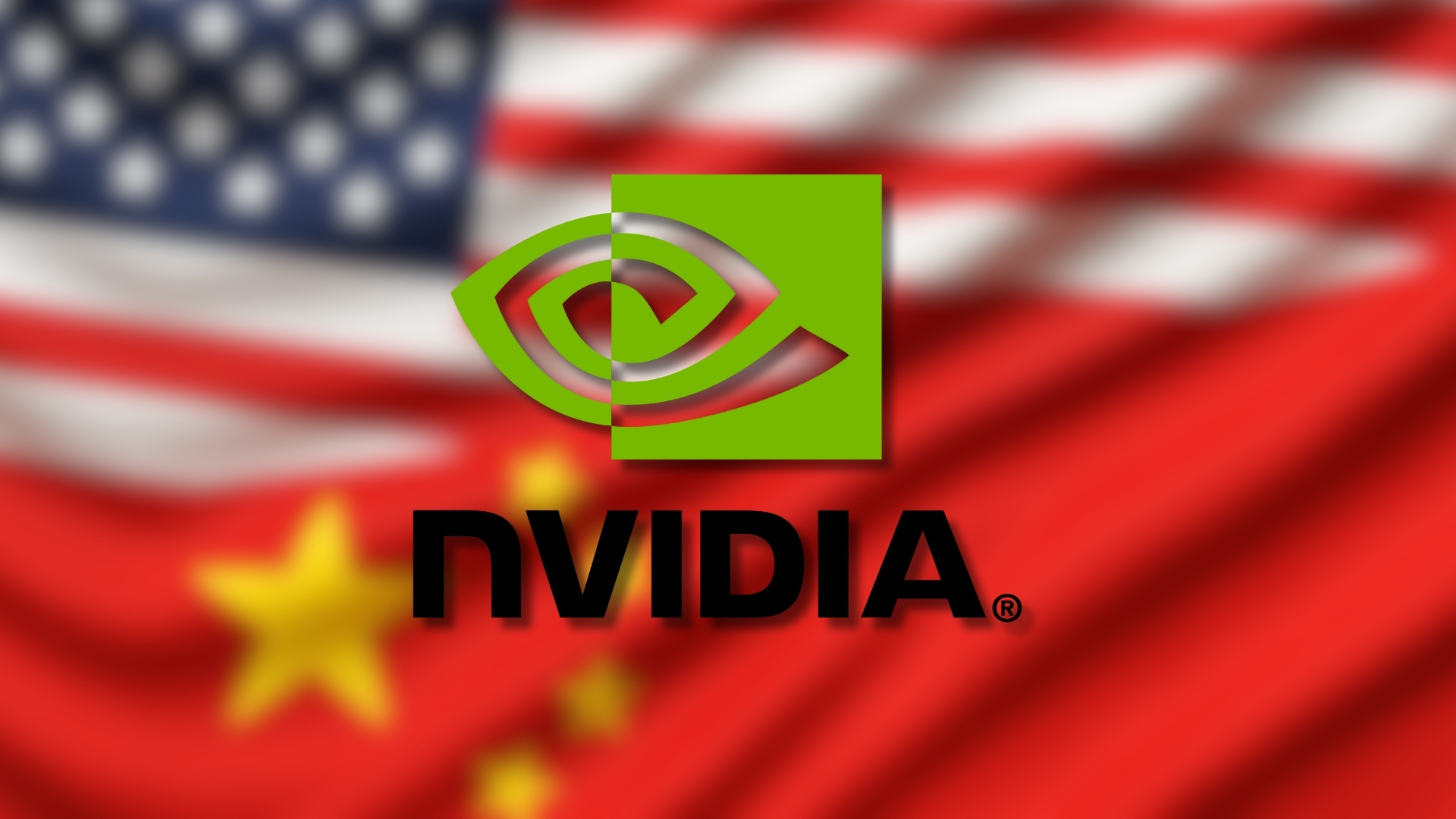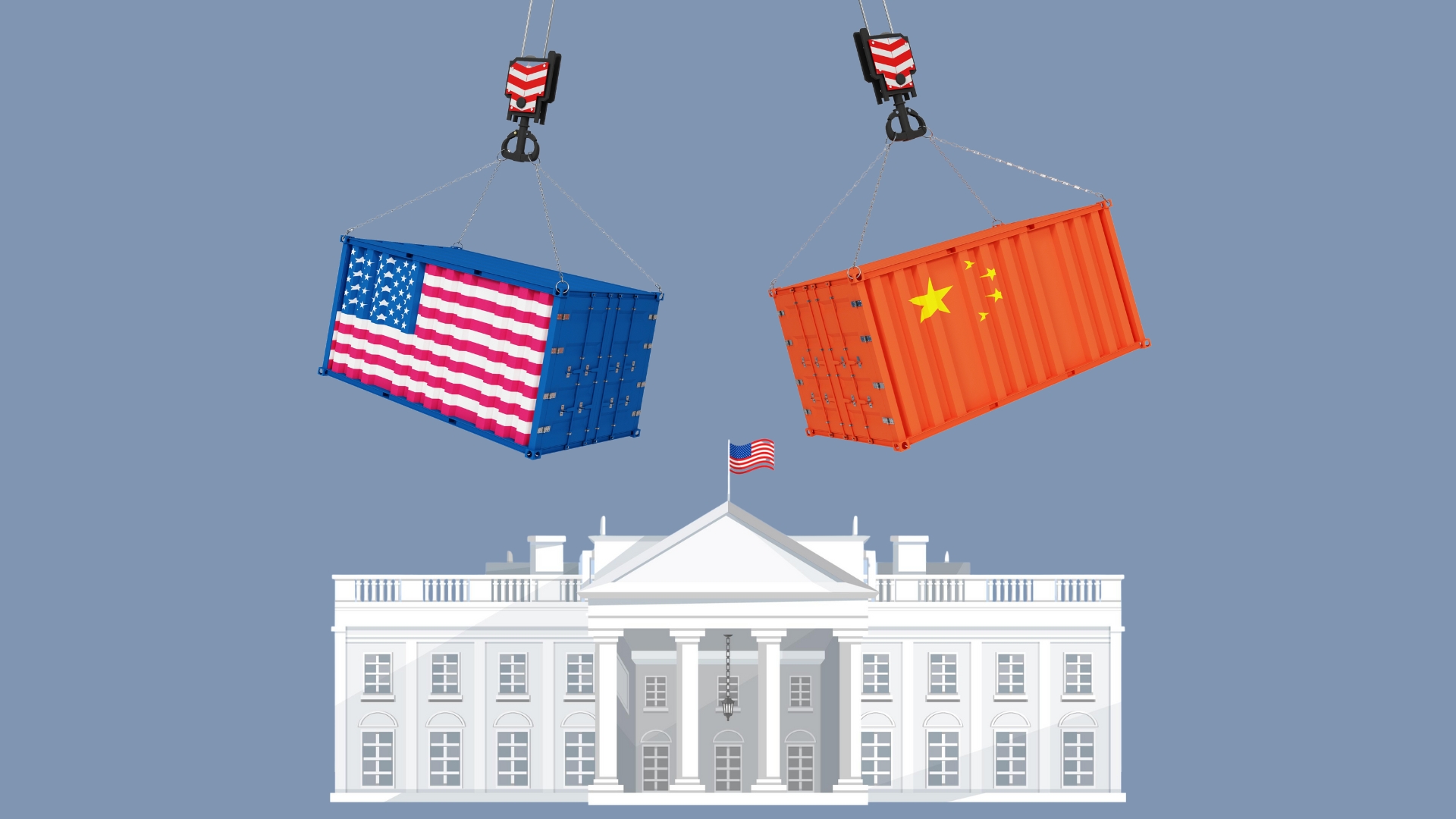AMD has completed the acquisition of MK1, a California-based company specialising in high-speed inference and reasoning-based AI technologies.
The move marks a significant step in AMD’s strategy to strengthen AI performance and efficiency across hardware and software layers. MK1’s Flywheel and comprehension engines are designed to optimise AMD’s Instinct GPUs, offering scalable, accurate, and cost-efficient AI reasoning.
The MK1 team will join the AMD Artificial Intelligence Group, where their expertise will advance AMD’s enterprise AI software stack and inference capabilities.
Handling over one trillion tokens daily, MK1’s systems are already deployed at scale, providing traceable and efficient AI solutions for complex business processes.
By combining MK1’s advanced AI software innovation with AMD’s compute power, the acquisition enhances AMD’s position in the enterprise and generative AI markets, supporting its goal of delivering accessible, high-performance AI solutions globally.
Would you like to learn more about AI, tech and digital diplomacy? If so, ask our Diplo chatbot!






